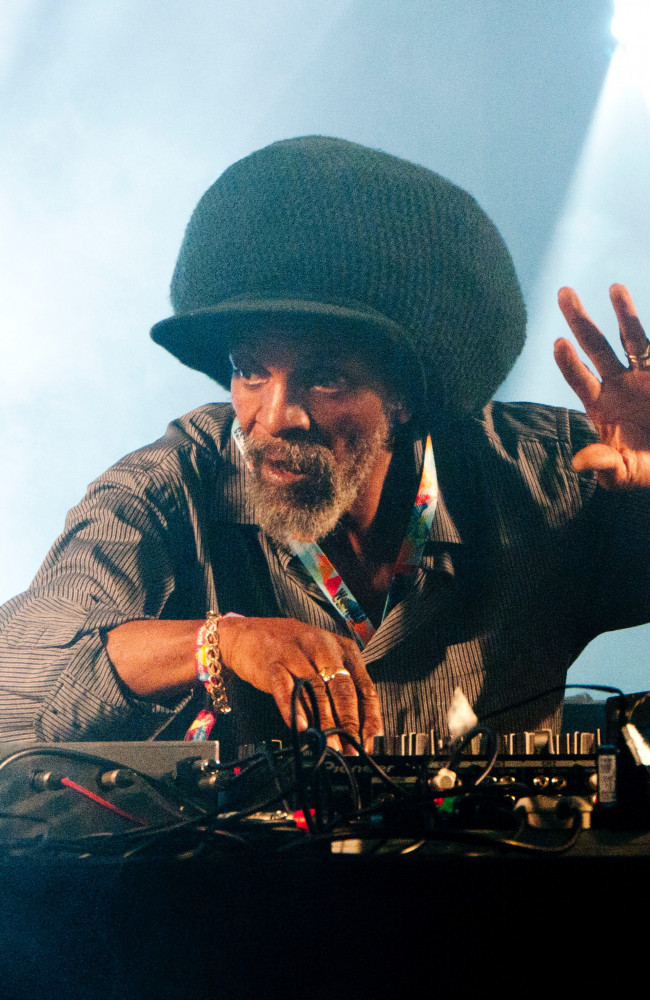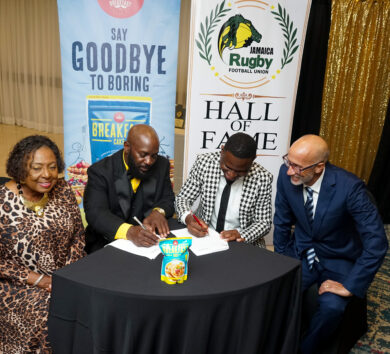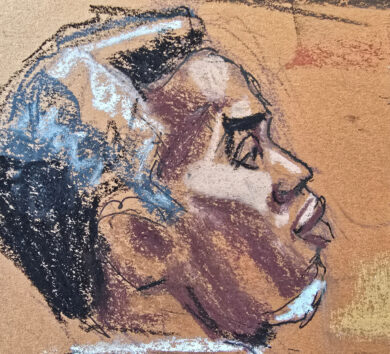

Reggae pioneer Jah Shaka has died days after revealing his new tour date.
Known as ‘Zulu Warrior’, the dub icon had announced he was going back on the road on August 19 before his passing was announced on Wednesday (April 12) by his close friends and collaborators – though his cause of death and exact age are still unconfirmed.
Horsepower Productions’ Benny Ill shared the news of Jah’s death by tweeting: “Rest In Power Jah Shaka.”
Dubstep producer the Bug joined a raft of musicians paying tribute in the wake of the tweet, writing: “So sad to read Jah Shaka has departed this planet… Rest in peace. A heroic figure who kept Dub alive, when few cared… I spent many all-nighters being transfixed by his passion and selections.”
Artiste Trevor Jackson added: “RIP Jah Shaka. Had a lot of wild club experiences in my time but nothing could beat stumbling into the Rocket hazy headed bleary eyed becoming overwhelmed by the power of bass. Formative years, divine sounds, THE master.”
“The king of Kings has left us. The greatest soundman that ever lived.”
DJ Jumpin’ Jack Frost
DJ Jumpin’ Jack Frost also tweeted: “The king of Kings has left us. The greatest soundman that ever lived.”
Born in Clarendon in Jamaica and based in south east London since 1956, Jah – survived by his five children including son Young Warrior, who runs his own sound system – was a leading member of the roots reggae Jamaican sound system in London.
By the late 1970s, Jah’s sound system had developed a cult following; he starred as himself with his system in the 1980 film Babylon.
KNOWN FOR ‘WARRIOR’ MUSIC STYLE
His label Jah Shaka Music released songs with artistes such as Max Romeo, Bim Sherman and Johnny Clark, and his Jah Shaka Sound System appeared regularly in London and toured the US, Europe and Japan.
Known for his ‘Warrior’ music style that featured spiritual messages and a deep rattle sound, Jah said in a 2014 lecture for the Red Bull Music Academy: “When people left Africa for the Caribbean, all they could bring with them was their music, their songs and their memories from home.
“So, over the years, this is all that people had to keep them together. In the 1950s and 1960s in London, there were house parties – 50, 60 people with only record players. It helped families know other families, which was important at that time because the people were so forced to be segregated.”







Comments